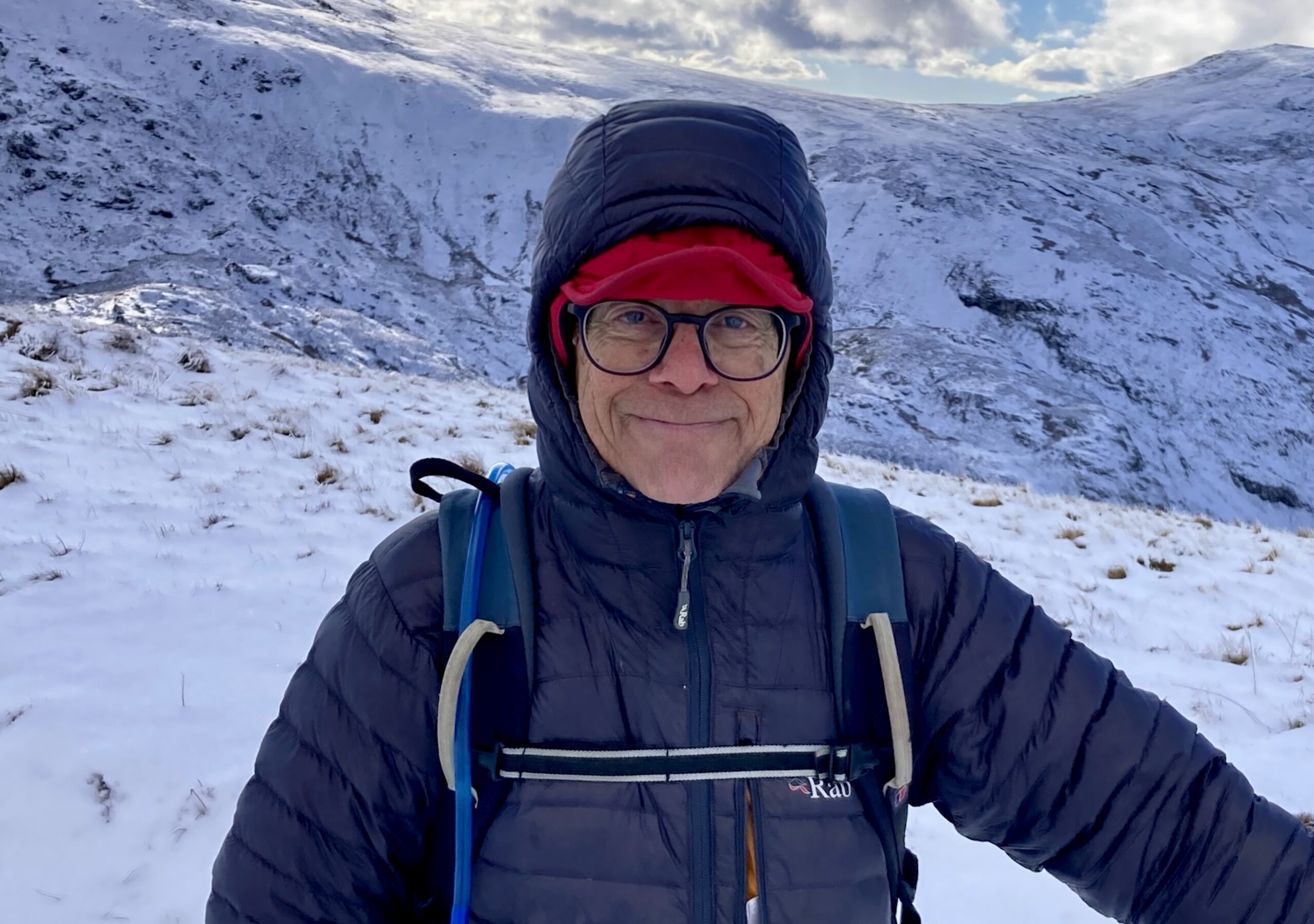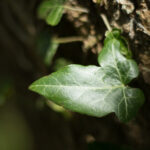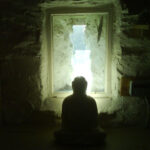Tejananda

Tejananda has been practising meditation and dharma since the mid-70s. He was ordained by Sangharakshita in 1980 after which he participated in the setting-up of the FWBO Bristol centre and was centre chair for six years. After several years working for the Karuna Trust in Oxford, he joined the team at Vajraloka in 1995. His book,’The Buddhist Path to Awakening’ was published by Windhorse around that time.
Since then he has been leading and supporting retreats at Vajraloka and at other retreat centres in the UK and worldwide. Although no longer living at Vajraloka, he remains part of the wider Vajraloka mandala and is deeply committed to Vajraloka’s long-standing objective of helping create conditions for people to take their dharma and meditation practice deeper.
Tejananda’s website www.tejananda.net lists all of his forthcoming retreats, including online retreats for the Buddhist Centre Online and ones that he is running himself.
Events with Tejananda
 The Energy of Awakening
The Energy of AwakeningJuly 10 - 19, 2026
Our ‘precious human body’ is the first and most important foundation not just of mindfulness, but of meditation and Dharma practice as a whole. The teaching of the Buddha’s ‘Three Bodies’ (trikaya) suggests that there is far, far more to the body than meets the eye. These could be summarised as the bodies of truth (dharmakaya), of living energy (sambhogakaya) and of manifestation (nirmanakaya). While they are fully realised with awakening, we can attune and open to them right now through meditation and Dharma practice, especially body and heart-based practice. We will guide explorations into the extraordinary nature of our…
 Simply Being
Simply BeingSeptember 4 - 13, 2026
At any moment we can recognise, directly and viscerally, that we are alive and awake. With a settled and embodied awareness, this may open into an intuitive glimpse of what we truly are, beyond concepts. This might be evoked as a spacious yet embodied presence, a timeless awareness-emptiness, or unconditional love, compassion and pure energy. We’ll explore this by way of a somatic approach to just sitting meditation together with experiential inquiries – discovering aliveness, sensitivity, simplicity and clarity in our immediate experience. These subtle yet accessible qualities of our ordinary mind and being can act as gateways to the…
 Body, Heart, Mind Awake
Body, Heart, Mind AwakeOctober 23 - 30, 2026
Body, heart and mind are essential facets of our being. Mind is usually taken to mean all kinds of mental activity, but what we’re interested in here is ‘mind itself’ – the awake, aware quality of mind. Awakeness is here even when we feel sleepy and dull. How do we know that we’re sleepy and dull? We are awake to it. We’re even awake to our dreams, despite the body being asleep. This quality of wakefulness, knowingness or clarity is intrinsic to all of our experience and yet it is mysteriously ungraspable and unfindable. To know it, we need to…
 The Awakening Heart and the Divine Abodes
The Awakening Heart and the Divine AbodesNovember 6 - 15, 2026
Bodhicitta – the awakening heart – is both the heart–response of wisdom to the suffering of living beings everywhere and the urge to realise full awakening for the benefit of all. This retreat will focus on love, compassion, joy and equanimity – the four ‘divine abodes’ or brahmaviharas – in the context of cultivating bodhicitta. To support this, we’ll also introduce tonglen, the ‘sending and receiving’ practice which opens the heart to universal compassion. The divine abodes are also known as the ‘boundless states’,¬ because they are inclusive of all living beings without exception. The practices that we’ll explore together…

